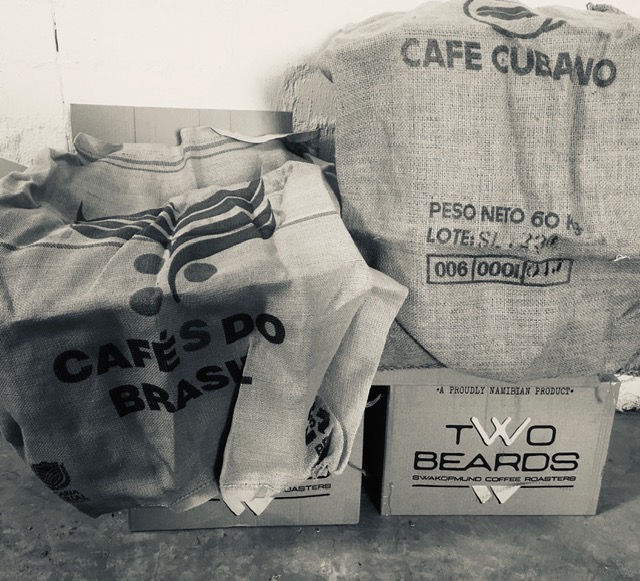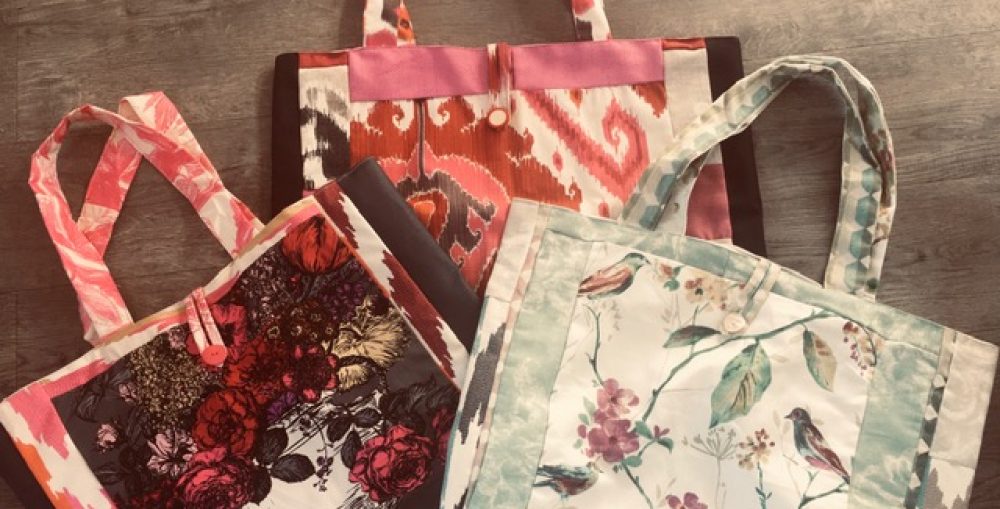It’s now four years since Sew Good Namibia was launched – a long gestation period when you realise that it was back in 2016, when I visited Jakarta for the first time, that I started to think seriously about the impact of Western lifestyles on the global environment and how I could throw my energies into trying to live more sustainably, and get my fellow Namibians to do the same.
But when I began approaching local businesses and private individuals in Windhoek to share my ideas about turning waste into high-quality products that could be sold to improve the livelihoods of our poorest citizens, I sometimes felt as if I was talking in Martian or Klingon…
Cut to 2023 and it seems as if finally, finally, the message has begun to sink in here. Perhaps it’s the news footage of wildfires raging across Europe, or videos of Cape fur seals along our coastline ensnared in abandoned fishing gear but – better late than never! – it seems as if the country is waking up to the fact that we cannot continue to behave as if the fate of our planet is not our responsibility – individually or collectively.
Thus the last few months have seen a marked upswing in interest with regard to the work of Sew Good’s craftswomen. Indeed we now have six outlets selling our bags and household goods made from upcycled luxury furnishing fabric, with several more poised to stock our products in the near future.


We now receive regular messages from companies keen to supply us with unwanted materials that we can turn into new product lines – such as these burlap and jute coffee-bean sacks that Amory fashions into sets of plant-pot holders/storage containers (which became a best seller overnight). Donating to projects such as our’s doesn’t just solve a logistical problem for these businesses but burnishes their reputation as enterprises who get the ‘ecofriendly’ message and want to support the local-is-lekker philosophy.
I am now looking for a new project that can utilise more of the unwanted waste that comes my way now that Sew Good Namibia has finally hit its post-Covid stride and generates income month in, month out. One idea is to train people who are ending a custodial sentence to make small picture frames from wooden offcuts discarded by framing businesses. And I still want to link up hotels and accommodation establishments with a home industry group that can upcycle guest soaps – as has been done successfully elsewhere.
There’s a long way still to go. Namibian consumers are ready to embrace a greener lifestyle it seems but often they are faced with choices that are a compromise at best. I no longer bore people senseless talking about the scourge of plastic waste and similar issues (although the threat of climate change is one that still only really reaches one sector of the community apparently). But pointing out that buying an imported cotton or paper bag is not a viable alternative to a single-use plastic bag, or that industries that claim to recycle old clothes are often guilty of greenwashing can be tricky if someone is genuinely trying to commit to changing their purchasing habits and you don’t want to demoralise them with buzzkill
But the message is here, and it’s here to stay. I no longer believe that people are just shrugging and ignoring the small steps they can take to halt Earth’s destruction, nor are they suffering from eco-fatigue. The burgeoning green ethos is captured so beautifully in a quote I am seeing more and more online: Start where you are. Use what you have. Do what you can.
